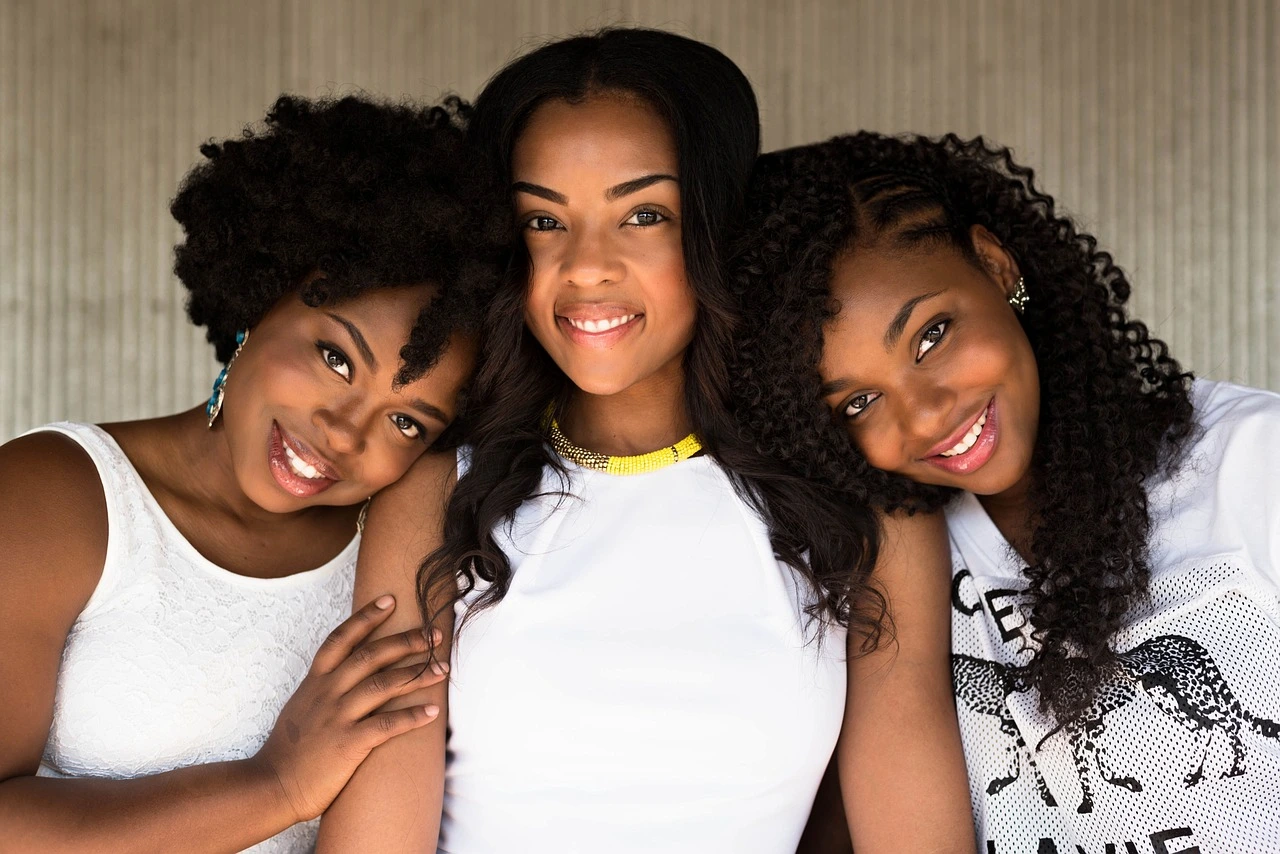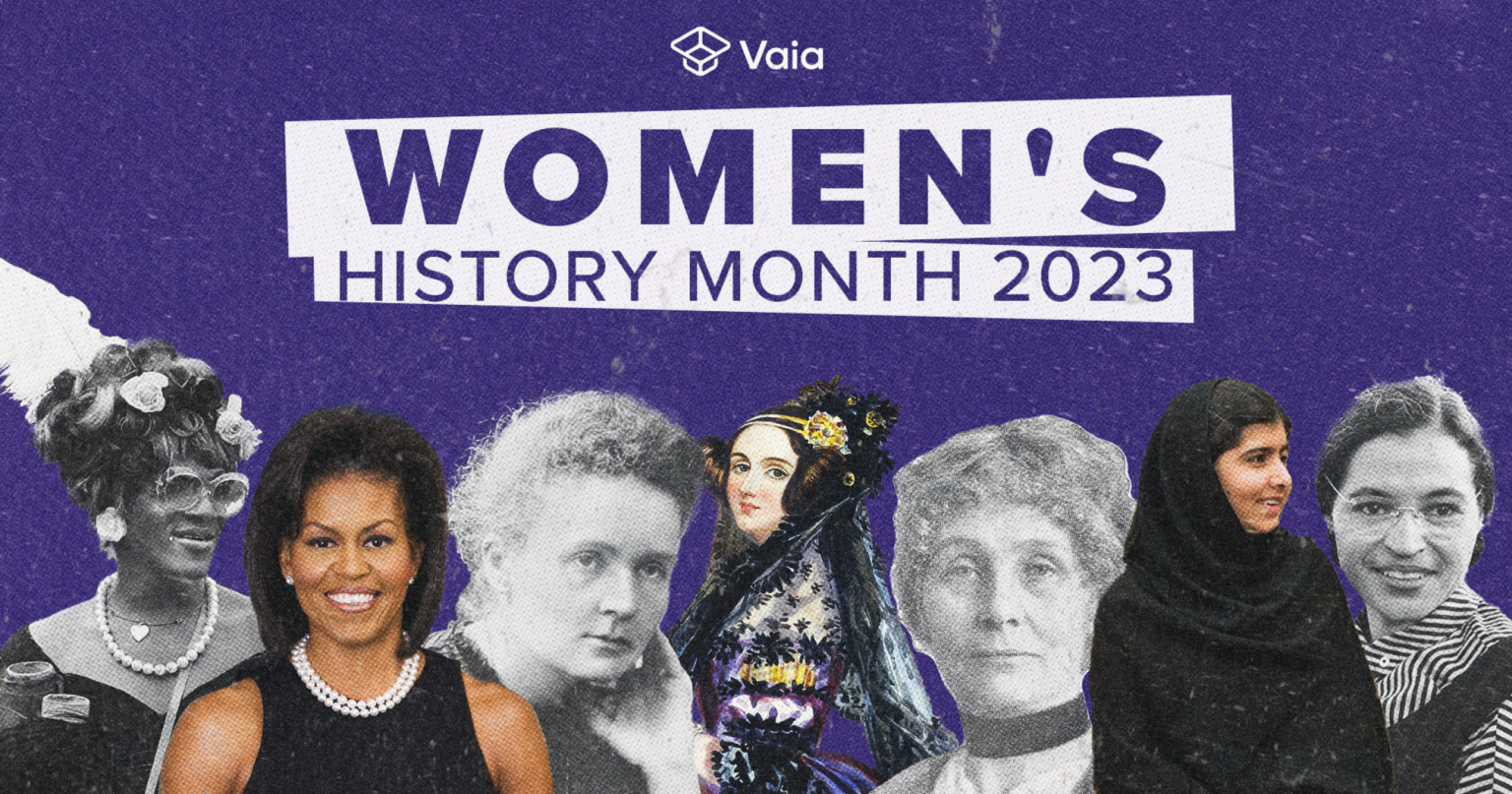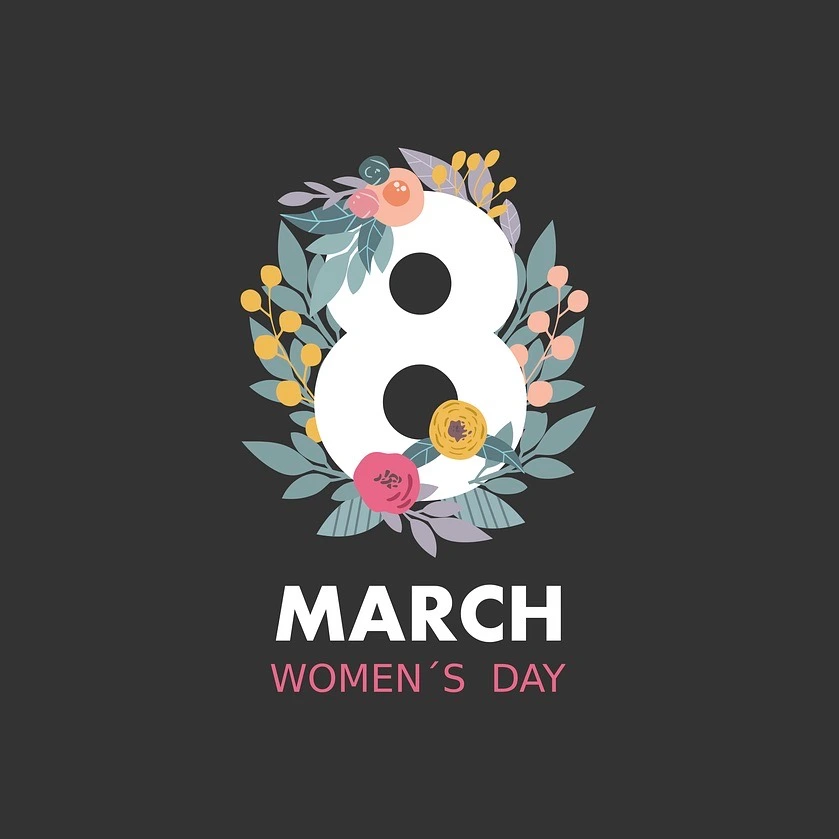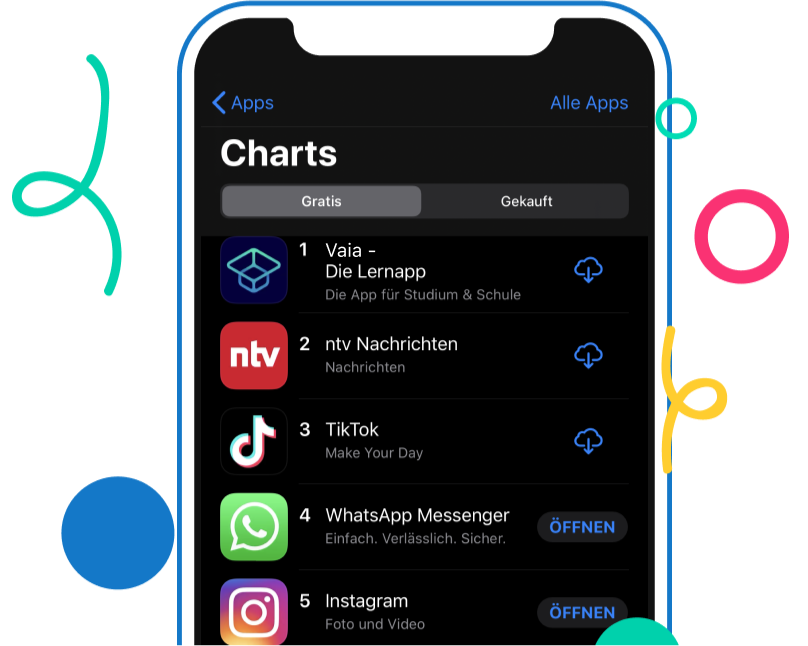Women’s History Month US
Women’s History Month happens in March every year. It began as a national celebration in 1981 that was held in one week. It has since grown to a full-month commemoration from 1987 onwards.
Women’s History Month is a celebration of women’s and transwomen’s contributions to arts, history, culture, society, and technology. Though it has been observed annually in the United States since 1987, Women’s History Month is also celebrated globally.
The month of March is also special for women’s celebration for another reason. International Women’s Day happens on March 8th. It is a day that was first celebrated in 1911 and was part of the reason Women’s History Month was chosen to be held in March. International Women’s day both celebrates women’s achievements and reflects on the work that still needs to be done for gender equality around the world.
There are plenty of opportunities to celebrate women and every sort of female experience in March, but that doesn’t mean we don’t celebrate and commemorate women throughout the year. 😉
The Importance Of Women’s History Month
The fight for women’s and trans rights has been an ongoing process throughout history. Women have fought for equality, marriage rights, education, their bodies, and even for access to the workplace.
The term feminism refers to the belief in advocating for the equality of the sexes. This means working for social, economic, and political equality for women.
Our current views of women’s and transwomen’s rights are due to the legacy of those who were politically or socially active in specific waves of history. That is why it’s so important to read and learn the history of all those who have worked for your rights! 🤝
| Waves of feminism | Focus of the wave | Main theorists or figures |
| First-wave | With origins roughly in the French Revolution and the Women’s Rights Convention (1848), this wave aimed for legal issues such as women’s right to vote, property rights, and education. | Mary Wollstonecraft, Virginia Woolf, Sojourner Truth, Dorothy Day, Emmeline Pankhurst, The Suffragettes. |
| Second-wave | This wave lasted between the 1960s to the 1970s. Women fought to enter the workplace and not be confined to the roles of housewives and mothers. | Gloria Steinem, Simone De Beauvoir, Betty Friedan, Sheila Rowbotham, Germaine Greer, Hélène Cixous, and Shulamith Firestone |
| Third-wave | During the 1980s, women focused on reproductive rights and making choices over their own bodies. This wave also moved away from white, middle-class concerns to focus on experiences faced by trans people, people of color, the working class, and queer people. | Adrienne Rich, Audre Lorde, bell hooks, Toril Moi, Judith Butler, Maud Ellman, Maya Angelou |
| Fourth-wave or the #MeToo movement (2017) | Though highly debated, this wave began in 2012 and focuses on female empowerment, sexual harassment, and intersectionality. Internet activism has become a prominent tool for this wave. | Roxanne Gay, Chimamanda Ngozi Adichie, Rebecca Solnit, Malala Yousafzai, Tarana Burke. |
Intersectional feminism is an important brand of feminism today. Intersectionality focuses on the overlap of discrimination that people uniquely experience. Overlaps include gender, race, class, and sexual orientation. Intersectionality explores the ways these overlaps interact to create systems of oppression and discrimination.
If you want to read further about these waves, check out our articles below!
- Feminism
- Transfeminism
- First-wave feminism
- Second-wave feminism
- Third-wave feminism
- Intersectionality
Did you know? Martha Weinman Lear’s article ‘The Second Feminist Wave: What Do These Women Want?’ coined the terms first-wave and second-wave in the New York Times Magazine in 1968.
Women’s History Month: Events
There are so many Women’s History Months events for you to explore, learn, and empower your bookshelves or podcast library! 💪If you are not sure where to start, here are some ideas of events you can attend:
- Comedy shows
- Book clubs
- A feminist festival
- History of women’s rights chats or classes
- Female-owned business conferences
- Museum and archive talks
- Support women artists by going to art exhibitions
- Women author panels
- Virtual events such as writing workshops
- Women in tech discussions
You should also check out Eventbrite for any Women’s History Month events in your local area!
Why only attend these events? You can also organise them yourself with your friends, schools or universities, or your workplace. Sometimes, sharing knowledge to empower women and learn about female experiences starts with you!
Women’s History Month: Facts
Women’s History Month and International Women’s Day have been around long enough to earn their own pub quiz category. Here are 10 facts for you to ace any Women’s History Month quiz event you find in your area!
- International Women’s day was first celebrated in 1911.
- Women’s History Month began in 1987.
- Women’s History Month has an annual theme. The first theme was ‘Generations of Courage, Compassion, and Conviction’ in 1987.
- New Zealand was the first self-governing country that allowed women the right to vote in 1893.
- The pill was introduced in the 1960s and was seen as a revolution for female empowerment and sexual liberation.
- Ada Lovelace is considered the first computer programmer.
- The Tale of Genji (early 11th century) by Murasaki Shikibu is often considered to be the world’s first novel written by a woman.
- The first woman to achieve a medical degree in the United States was Elizabeth Blackwell in 1849.
- Katherine Johnson was a pioneering mathematician whose calculations lead to the success of the first US spaceflights.
- The first woman to run and finish the Boston Marathon in 1966 was Roberta Gibb.
Women’s History Month’s 2023 Theme
The National Women’s History Alliance sets a yearly theme for this celebration.
The theme of Women’s History Month for 2023 is ‘Celebrating Women Who Tell Our Stories’.
The 2022 theme was ‘Providing Healing, Promoting Hope’.
Memoirs have become a popular medium for women to tell their stories. These stories are often very relatable and share some valuable insights into all sorts of female experiences. The following memoirs may contain some sensitive content. However, it is important to celebrate all women’s experiences and recognise that sharing such personal stories is empowering for these women writers too.
- Know My Name (2019) by Chanel Miller. A gut-punching and powerful Miller’s account of her sexual assault at Stanford University in 2015. The memoir is Miller’s reclamation of her story and name from the media, emerging from the label ‘unconscious intoxicated woman’.
- I Am Malala (2013) by Malala Yousafzai. This is the story of Malala Yousafzai’s activism for female education in Pakistan and the assassination attempt made by the Taliban. Malala has stood up for Education ever since and has become a prominent women’s rights figure.
- I Know Why The Caged Bird Sings (1969) by Maya Angelou. Angelou’s thoughtful and vulnerable autobiography tells of her experiences of racism and sexual assault between the ages of 3 to 17. The memoir is studied today as a breakthrough of black women’s voices, cementing Angelou as a prominent women’s rights activist.
- My Life on the Road (2015) by Gloria Steinem. Known for being a leader of the second-wave feminism movement, Steinem’s memoir talks of her activism, travels around the world, and how the feminist movement has changed over the years.
- Becoming (2018) by Michelle Obama. An inspirational and personal memoir of Michelle’s early life, career, and time as First Lady at the White House.
- In Order to Live (2015) by Yeonmi Park. Park’s touching and provoking account explores her family’s escape from North Korea to China and her experience with human traffickers. Park now works to promote human rights in North Korea while living in the United States.

People celebrating Women’s History Month have always explored intersectional issues and rights. Source: Pixabay.
The Best Books To Read For Women’s History Month!
We at Vaia love to read and have a list of books to share regarding Women’s History Month. Here are a few to add to your Goodreads list!
| Genre | Book and Author | Explanation |
| Fiction | The Handmaid’s Tale (1985) by Margaret Atwood. | Perhaps her most famous work, Atwood’s novel explores the complexities of reproductive rights for women in a dystopian world. |
| Fiction | The Vanishing Half (2000) by Brit Bennet. | Bennet’s novel explores a complex relationship between sisters living in the United States during the 1940s and 1990s. |
| Fiction | Sula (1973) by Toni Morrison. | While any Morrison works are perfect for Women’s History Month, Sula holds a special place. The story revolves around two black women friends and the impact of racism on their community in Ohio. |
| Fiction | Kindred (1979) by Octavia Butler. | Credited as the first science fiction work written by a black woman, Butler’s pioneering work explores the impact of time-travelling to the era of slavery and meeting your enslaved ancestors. |
| Fiction | Detransition, Baby (2021) by Torrey Peters. | This novel is a sensitive look at the experiences of transwomen in the twenty-first century. |
| Poems | The Sun and Her Flowers (2017) by Rupi Kaur. | Known for her Instagram poems, Kaur’s second poetry collection explores trauma, love, and healing. |
| Poems | Ariel (1965) by Slyvia Plath. | Confessional and deeply personal, Plath’s poems are powerfully symbolic of her experiences as a woman and mother. |
| Autobiography | The Woman Warrior (1976) by Maxine Hong Kingston. | Kingston’s work mixes her life as a first-generation Chinese American with Chinese folktales. |
| Nonfiction | Invisible Women: Exposing Data Bias in a World Designed for Men (2019) by Caroline Criado Perez. | This pioneering work explores gender bias in data collection. |
| Nonfiction | A Decolonial Feminisim (2019) by Françoise Vergès. | A powerful work that argues against feminists’ involvement in capitalism, racism, and imperialism. |
| Nonfiction | The Authority Gap (2021) by Mary Ann Seighart. | An optimistic but determined perspective that challenges the unseen biases in the workplace and everyday life. |
If you want to read further about women’s writing, check out the article on women’s fiction!
Women’s History Month: Podcasts
We also have a few podcasts for you to listen to and share with your friends! 🎧
- Stuff Mom Never Told You by hosts Samantha McVey and Anney Reese, who talk about the challenges women have faced in history and today.
- Women Who Code is a podcast that is perfect for women who want to pursue careers in technology.
- The History Chicks by hosts Beckett Graham and Susan Vollenweider. This podcast introduces female figures throughout history, whether it is factual or fictional!
- The Profess-Hers Podcast by hosts Misty Wilson-Mehrtens and Allegra Davis Hanna. The hosts provide feminist perspectives on your favourite shows and movies.
- The Guilty Feminist by host Deborah Frances-White. The host and guests explore the question of what it means to be a feminist and whether it’s possible to be a better feminist.
Our Final Say For This Year’s Women’s History Month
Women’s History Month can be more about posting on social media to promote awareness. It is a month that can be celebrated by all genders, sexes, and bodies that want to be a part of the conversation for equal rights. It is also a time to find and create new communities, promote artists and scientists, and be at the forefront of current debates and discoveries. This month is yours to celebrate the amazing women who have made an impact on your life! 🎉🥳
About the author
Dr. Lily Hulatt is a University of Durham PhD graduate from Northern Ireland. Her research interests are in Historical Fiction, Postmodern Realism, and the development of Irish Diasporic Women’s Literature. In her spare time, she rows, does creative writing, and attempts ice swimming with mixed results.








